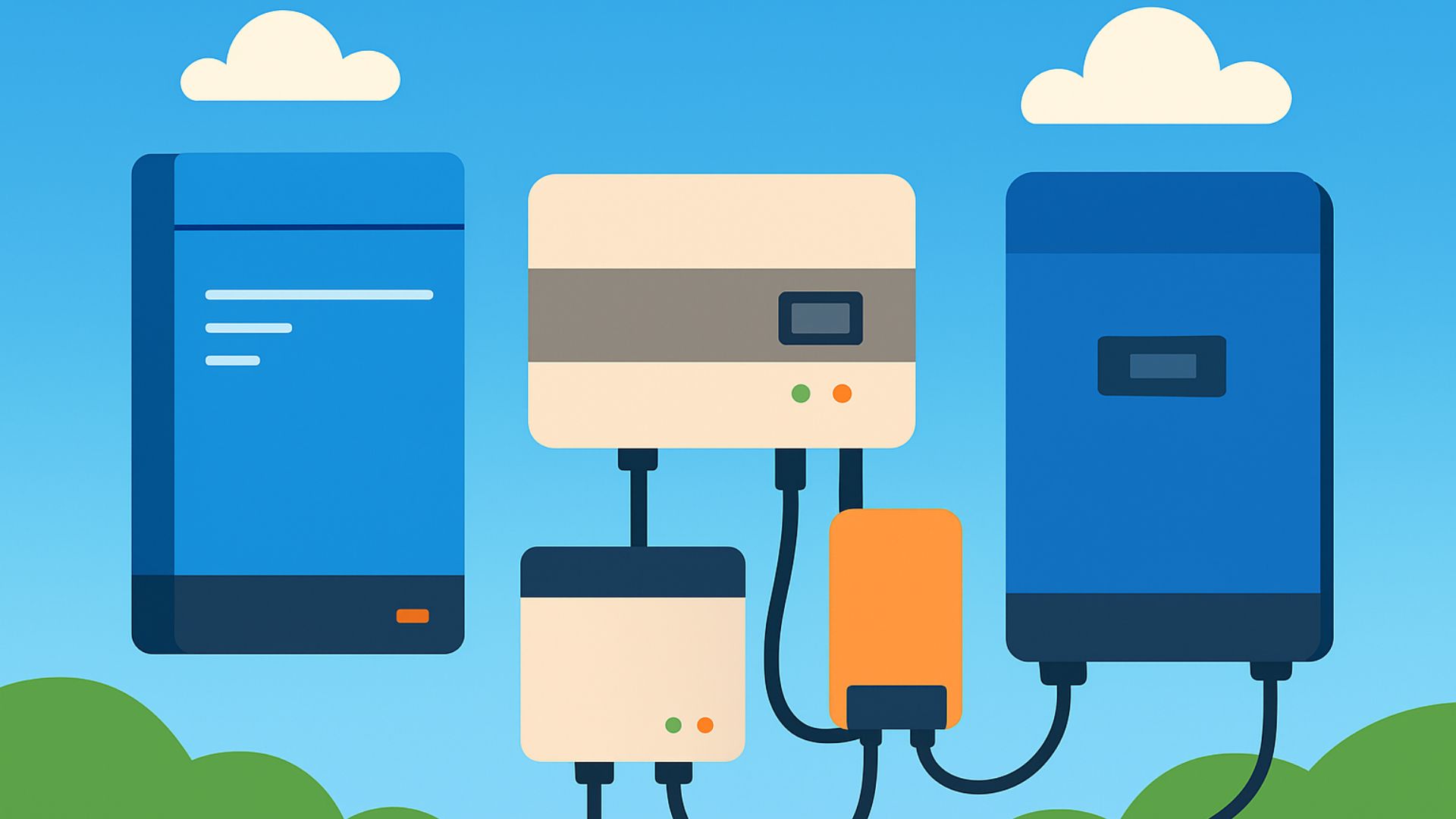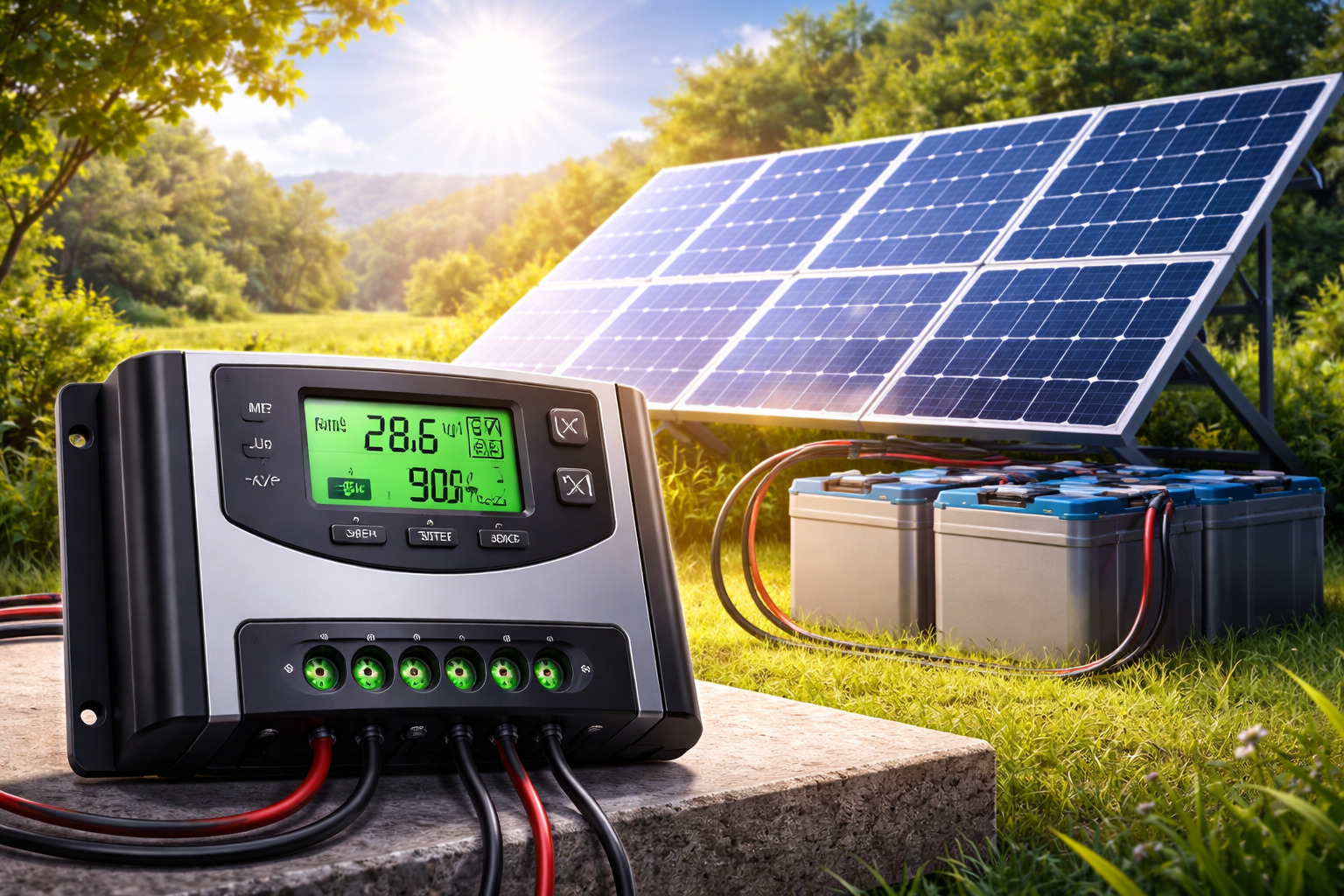Living off the grid for beginners can be challenging. Embarking on a journey to go fully off-grid represents both a mental and practical undertaking. Striking a crucial balance between these aspects, especially for beginners, is essential for managing expectations. While the notion of completely disconnecting from established grids may initially seem thrilling and enjoyable, the reality can be harsh if not approached with careful preparation.
Embarking on an off-grid lifestyle is an appealing choice for those seeking self-sufficiency and reduced reliance on established institutions. This lifestyle involves generating personal power, managing water sources, and cultivating one's food. While not universally suited for everyone, the allure of asserting independence and minimizing dependence on fossil fuels is gaining increasing interest.
1.1 Minimalist lifestyle
Follow the rule: “one is none, two is one, three is two”.
Off-grid living manifests in various forms, ranging from the rugged "roughing it" approach with minimal amenities to a modernized lifestyle that leverages technology for self-sufficiency.
The decision to live off the grid requires careful consideration of one's preferences, financial readiness, and commitment to significant lifestyle changes.
1.2 Energy efficiency… and flexiblity
The journey towards a self-sustaining existence involves various steps, from downsizing living spaces to harnessing electricity through solar panels, wind turbines, or micro-hydro systems. Each step contributes to the goal of achieving a self-sustaining lifestyle.
- Have a backup generator along with solar power.
- Consider multiple generators for added security.
1.3 Upfront capital investments
The costs associated with off-grid living, including accommodations, electricity generation, water solutions, and food production, necessitate initial investments.
However, once these costs are met, individuals can experience substantial savings compared to conventional living.
- Prioritize excess power initially.
- Efficient appliances may cost more than additional solar panels.
- Take advantage of current photovoltaic panel affordability.
If you find yourself low on funds or embarking on a new chapter in life, explore this Worldpackers practical guide on how to live off the grid without any money.
1.4 Low carbon life
Beyond the financial benefits, living off the grid offers an opportunity to lower one's carbon footprint, embrace a healthier lifestyle, and secure a self-sufficient future. The commitment to this lifestyle is substantial, yet the potential rewards make it a truly fulfilling and rewarding experience for those who choose this path.
2.1 Start with Work Exchanges
- For those new to off-grid living, I strongly recommend exploring work exchange programs like Worldpackers as your initial foray.
Engaging in such programs enables you to volunteer your time and skills, receiving accommodation, and often additional perks like meals and access to resources in return.
This hands-on experience serves as a valuable introduction to the fundamentals of off-grid living without imposing a substantial initial financial burden.
2.2 Join Off-Grid Communities
- Consider the exciting option of joining established off-grid communities using platforms like Worldpackers.
This not only allows you to contribute to community goals but also provides the opportunity to extend your stay beyond the work exchange period.
By doing so, you gain access to shared resources and valuable insights from experienced individuals within the community.
2.3 Building Your Own Off-Grid Life
- Constructing a self-sufficient life from the ground up demands meticulous planning.
It is not merely about diving in without a roadmap, as that could lead to setbacks. Recognizing our inherently social nature, it's crucial not to overlook connecting with other like-minded individuals or communities on this journey.
2.4 Essential Skills
Learning essential skills such as gardening, bioconstruction, fishing, water collection, and renewable energy generation can come handy. This knowledge is crucial for sustainable off-grid living.
2.5 Accessing Land
- Your journey to off-grid living begins with finding the perfect piece of land.
In order to do this effectively, research online listings, reach out to local authorities, and discover the hidden gems in rural areas—away from the hustle of city centers and tourist hubs.
2.6 Constructing Low-Cost Housing
Explore cost-effective housing solutions such as cabins and tiny homes. Dive into eco-friendly construction techniques by engaging in volunteer opportunities or exploring online resources. It's your pathway to sustainable living.
2.7 Food Independence
Learning more about organic farming and adopting sustainable practices for food cultivation can be beneficial. Consider the option of raising chickens, providing a reliable source of both eggs and meat, though it may not be suitable for everyone.
2.8 Responsible Fishing and Foraging
Explore the possibilities of fishing and foraging for your food, but remember the vital significance of responsible and sustainable practices. It's crucial to safeguard the environment while enjoying the benefits of these activities.
2.9 Water Supply
Ensuring a robust water supply is key. Learn water access and filtration, including rainwater harvesting and well digging. For shallow wells (<100 feet), use a hand pump with a small DC motor for efficiency.
Pro Tip💡Choose a low-power DC pump for water pressure, ensuring easy repairs.
Prioritize DC power for simplicity, aligning with your resilient off-grid lifestyle.
2.10 Renewable Energy
The concept of off-grid living predominantly revolves around the capacity to be fully self-sufficient by generating energy through renewable means, like solar panels and wind turbines amongst others. This underscores the importance of researching local regulations to ensure compliance and sustainability.
2.11 Bartering
If you have chosen the path of living far away from big cities, you will still need to learn about bartering within off-grid communities as a way to exchange goods and services without relying on money.
2.12 Alternative Income Streams
Even in an off-grid lifestyle, it's essential to recognize that you remain within a currency system. While the idea of breaking free from traditional monetary values might be appealing, having alternative income streams becomes valuable. These streams not only facilitate access to basic services and support bartering but also play a role in maintaining social connections. Exploring options like selling handmade products, offering services, or working remotely can ensure a well-rounded and sustainable off-grid experience.
Living off the grid is a challenging yet rewarding lifestyle that demands careful planning, dedication, and continuous learning.
For beginners contemplating this lifestyle, it is useful to start with small steps, gain experience through volunteering or work exchanges, and gradually transition to a more self-sufficient life.
By providing comprehensive information on these aspects, this section serves as a practical guide for beginners interested in living off the grid.
The aforementioned tips are the 'obvious' and crucial ones when going for such a lifestyle.
As much as living off the grid involves practical considerations, it also requires aligning your mindset with a new way of life that, ultimately, may not be suitable for everyone. Here are a couple of useful tips to consider before taking the plunge.
3.1 Define Your Off-Grid Vision
Clearly define what living off-grid means to you, considering personal preferences and lifestyle goals.
The video below demonstrates' Stephanie and Joel's 14-year off-grid journey, building a home from reclaimed materials and evolving their solar-powered setup!
They utilize a wood cookstove, solar panels, lithium batteries, a generator, and propane appliances. Water is sourced from a quarry and a well.
Their cabin features an open layout, a loft, and a sunroom for winter food production. Joel owns a tree service business, while Stephanie runs an off-grid Airbnb.
This example is a concise demonstration of sustainable construction, energy solutions, water management, and a diverse off-grid lifestyle for beginners.
3.2 Identify Necessary Skills
Identify the skill sets required to achieve your off-grid goals, such as building, farming, and energy management.
3.3 Start Learning And Practicing
Begin learning and practicing these skills immediately to develop a foundation for self-sufficiency.
3.4 Evolve Your Mindset
The process of acquiring new skills naturally leads to an evolution of mindset, shaping your approach to off-grid living.
3.5 Adapt to On-the-Fly Decisions
Recognize that the off-grid path involves many decisions made on the fly, requiring adaptability and flexibility.
3.6 Access Off-Grid Resources
Explore valuable resources such as blogs, tutorials, and YouTube channels dedicated to off-grid living for practical insights.
3.7 Join Off-Grid Communities
Engage with online communities, forums, and social media groups to connect with experienced off-gridders, gaining valuable advice and support.
3.8 Understand Local Regulations
Be aware of local regulations as they vary, impacting essential aspects of off-grid living.
This guidance emphasizes the importance of defining personal goals, acquiring skills, and staying informed through community engagement and resources. It encourages a gradual learning process and adaptation to the dynamic nature of off-grid living.
You May Also Like
Best States For Off The Grid Living
What Is Off Grid Living? The Absolute Basics
Off Grid Homes: The Ins and Outs
























